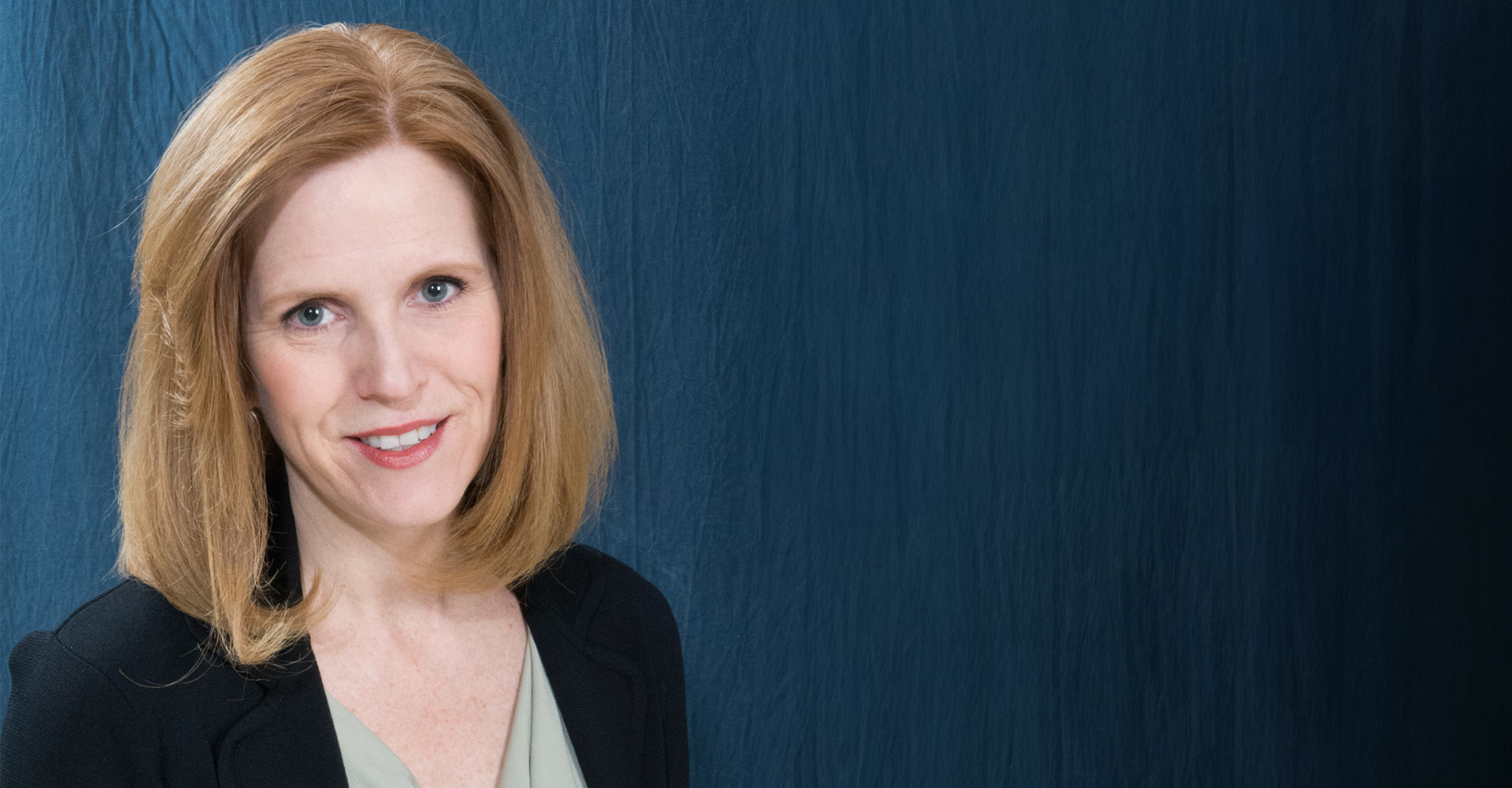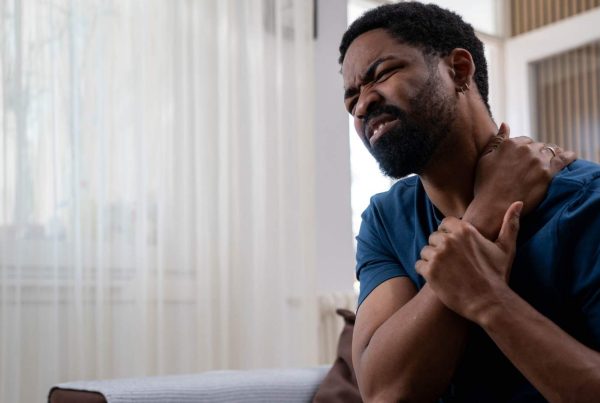Anne Bryden, PhD, OTR/L, is researching the challenges faced by those with spinal cord injury (SCI) as they try to navigate society with a severe disability. She is ultimately trying to create a central repository that would allow people with SCI to access the appropriate community resources that they need. The repository also would serve as a resource to help people with SCI and their loved ones anticipate and understand the many transitions they’re about to encounter while trying to access care.
“The work that I’m doing, along with the colleagues on my team, is to try to make navigating issues of disability easier after someone has a traumatic or even non-traumatic spinal cord injury,” says Dr. Bryden, Associate Professor of Physical Medicine and Rehabilitation and Research Scientist in the MetroHealth Center for Rehabilitation Research (MCRR). She also is an investigator with the Cleveland FES Center, of which MetroHealth is a part. Her research is receiving financial support from the Craig H. Neilsen Foundation.
Dr. Bryden and her team are analyzing data from in-depth interviews conducted over the last three years with 15 individuals with SCI starting when they were inpatients at the MetroHealth Rehabilitation Institute and their support people. Follow-up interviews were conducted six months and 12 months after injury. Information collected from those interviews—especially that of the support people—highlighted a host of challenges they faced, among them:
- Navigating how to find home and other modifications in anticipation of life after rehab
- Finding financial resources such as Supplemental Security Income and Social Security Disability Income
- Navigating changes in health insurance as a result of SCI
- Finding additional therapy or a skilled nursing facility that provides specialized SCI care
- Understanding how the various institutions do and do not work together
So much strain is placed on these individuals and their families/support people that too many opportunities arise for things to fall through the cracks, Dr. Bryden explains.
“Part of the problem is that available support could be provided through many different entities, and there is no single repository to help link a person with whatever entity might help them,“ she says.
The research is an outgrowth of Dr. Bryden’s doctoral dissertation in sociology. An occupational therapist by training, she has worked in the SCI care realm for nearly 30 years conducting research involving implanting FES systems to restore function.
“I found myself talking with people who were newly injured and started hearing the stories that they would share with me differently. It’s through the lens of human rights. Why are people having such barriers finding the resources that they need and navigating these complicated systems that don’t always work together?” she says.
“What I’ve learned is there are lots of resources out there, but the problem is that there’s almost too much information. People don’t know where to start.“
Dr. Bryden and her team are designing a website they hope will eventually evolve into a mobile app with features that include identifying a timeline for people to follow and links to existing resources. The team includes:
- Brian Gran, PhD, JD, Department of Sociology at CWRU
- Susan Hinze, PhD, Department of Sociology at CWRU
- Kim Anderson, PhD, Department of Physical Medicine and Rehabilitation (PM&R) and MCRR
- Daniel Lopez, an independent consultant
They anticipate having a pilot website in place sometime this spring and plan to implement it more broadly as part of a larger study, Dr. Bryden says.
“We would like to help people through that process,“ she said. “If we get to the end of this and have something that’s nothing more than knowing what questions to ask, it will still be an improvement over what currently exists.“











